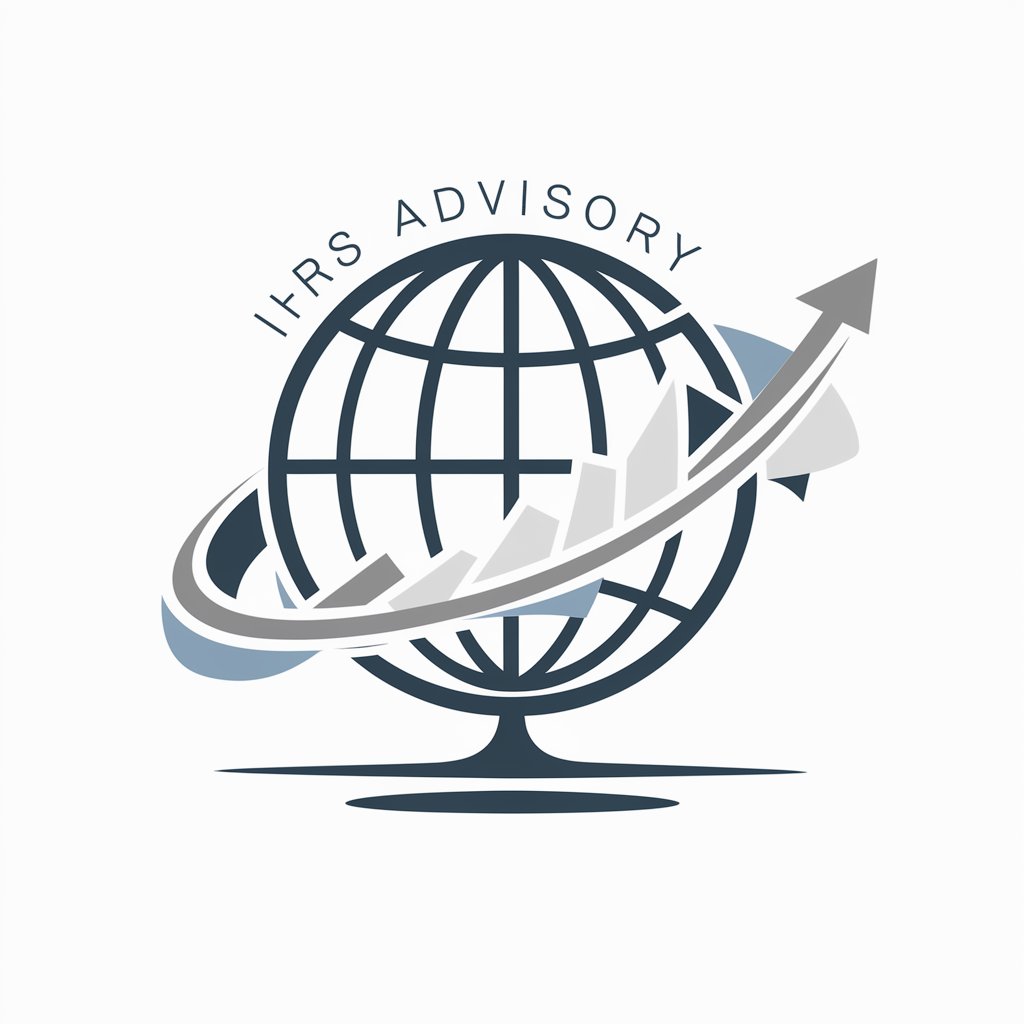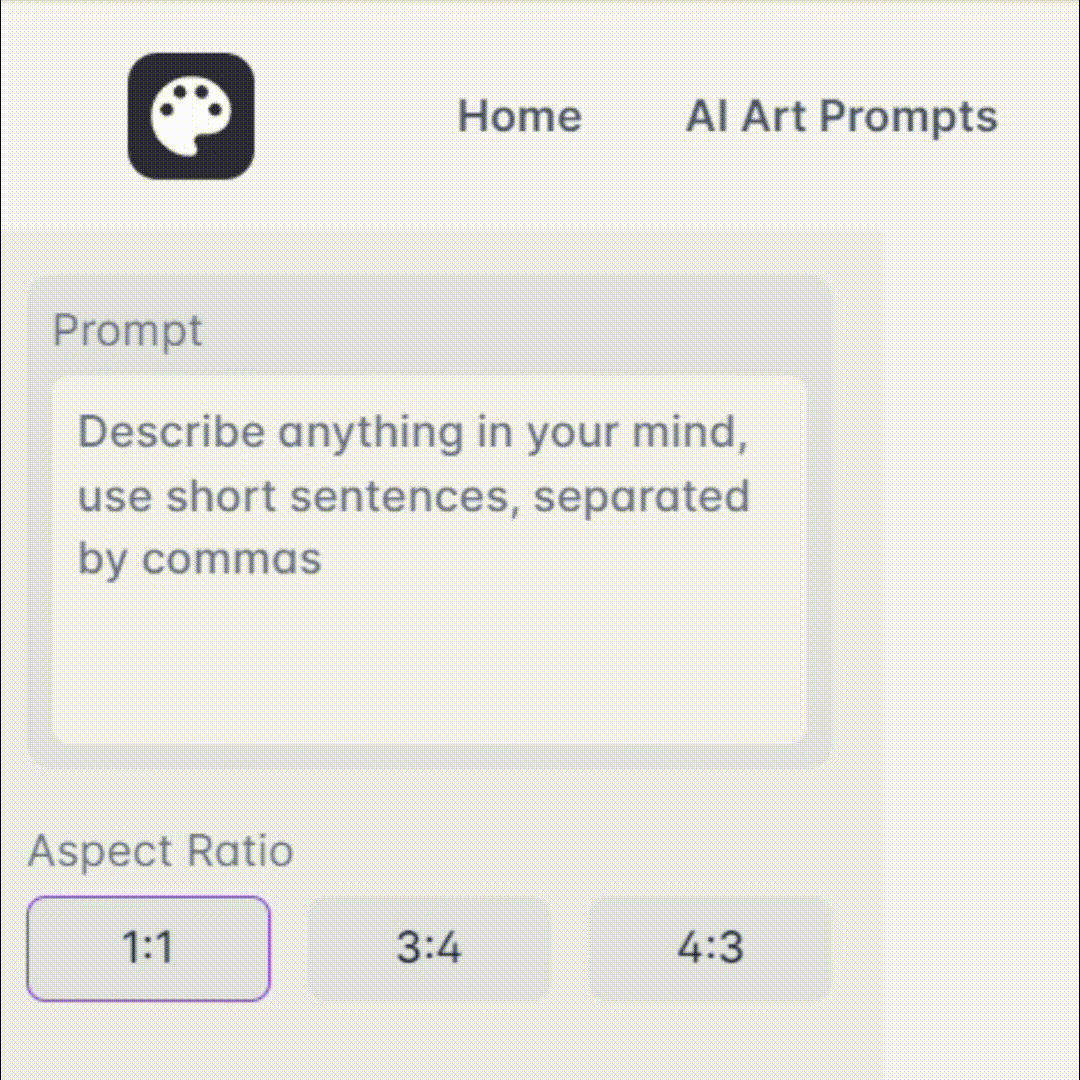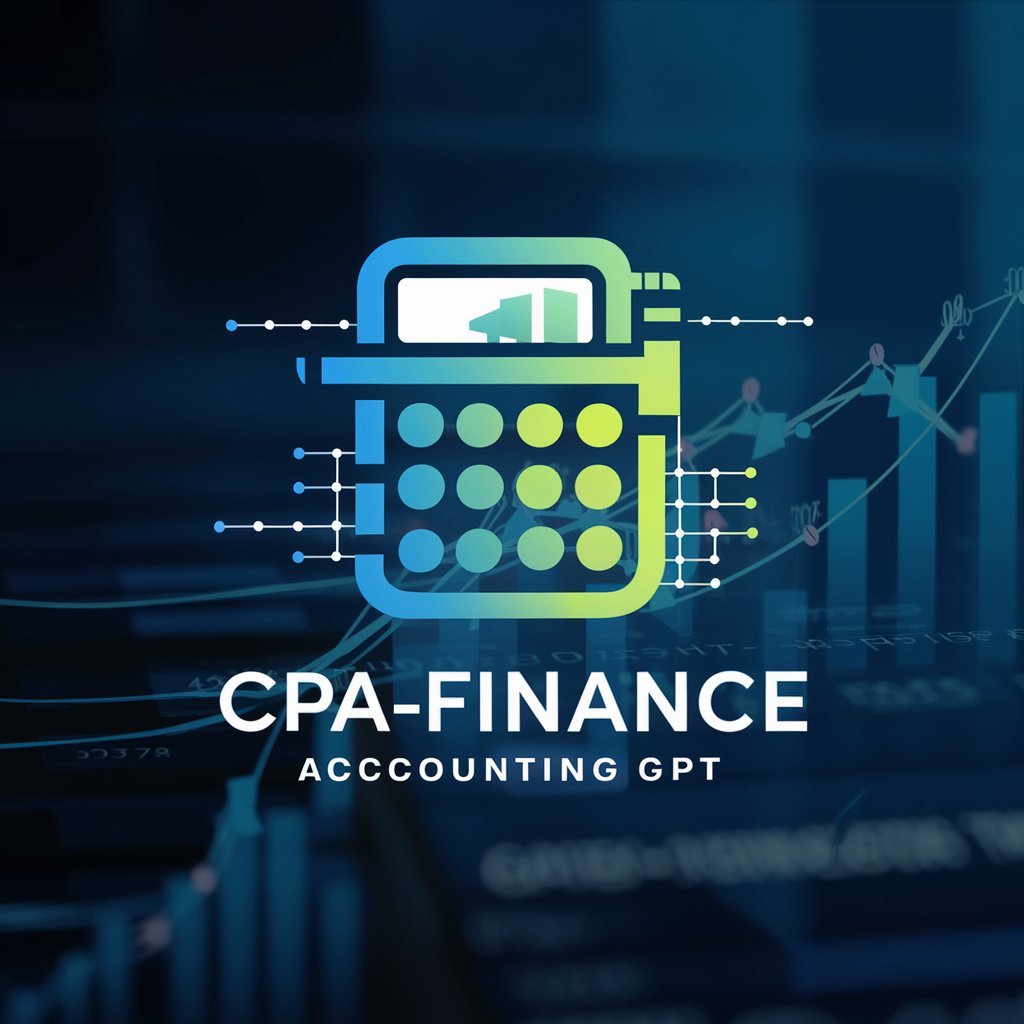
Accounting Advisor - IFRS - IFRS Standards Guidance

Welcome! How can I assist you with IFRS accounting today?
AI-powered IFRS Compliance Advisor
Explain the initial recognition of financial instruments under IFRS 9.
Describe the measurement process for financial liabilities in IAS 39.
What are the disclosure requirements for financial instruments according to IFRS 7?
How should entities account for derivatives under IAS 39?
Get Embed Code
Accounting Advisor - IFRS Overview
Accounting Advisor - IFRS is a specialized tool designed to provide precise, up-to-date guidance on International Financial Reporting Standards (IFRS). It is programmed to assist with understanding and applying complex accounting standards by offering detailed explanations, journal entries, and examples for the initial recognition, measurement, presentation, and disclosure of various accounting transactions. The tool incorporates the latest updates from the International Accounting Standards Board (IASB) and practical guidance, ensuring the information remains relevant in the ever-evolving accounting landscape. For instance, it can generate a detailed breakdown of the steps involved in recognizing a financial asset under IFRS 9, along with subsequent measurement and impairment considerations. Powered by ChatGPT-4o。

Core Functions of Accounting Advisor - IFRS
Journal Entry Preparation
Example
For a lease under IFRS 16, Accounting Advisor - IFRS can illustrate the initial recognition of a right-of-use asset and lease liability, followed by subsequent measurement, including interest and depreciation calculations.
Scenario
A company enters into a lease agreement for office space and seeks to record this transaction according to IFRS 16.
Financial Instrument Guidance
Example
It can elucidate the classification, measurement, and impairment of financial assets and liabilities under IFRS 9, offering insights into the expected credit loss model and fair value through profit or loss category.
Scenario
A financial institution needs to assess the impairment of a portfolio of loans in accordance with the expected credit loss model under IFRS 9.
Revenue Recognition
Example
Accounting Advisor - IFRS can guide through the five-step model of revenue recognition under IFRS 15, detailing the identification of contracts, performance obligations, transaction price, allocation of transaction price to performance obligations, and revenue recognition as performance obligations are satisfied.
Scenario
A software company needs to determine how to recognize revenue from a multi-year software license agreement with customer support services.
Target User Groups for Accounting Advisor - IFRS
Accounting Professionals
Accountants and auditors who need to stay updated with the latest IFRS standards and seek detailed guidance on applying these standards to complex transactions. The tool aids in ensuring compliance and accuracy in financial reporting.
Finance Students and Educators
Students learning the intricacies of financial accounting and educators teaching IFRS can leverage this tool to access detailed examples, explanations, and up-to-date standards, enhancing the educational experience and understanding.
Financial Analysts and Managers
Professionals involved in financial analysis and decision-making who require a deep understanding of how IFRS standards impact financial statements and key financial ratios, assisting in making informed business decisions.

How to Use Accounting Advisor - IFRS
Step 1
Start your journey at yeschat.ai to explore the Accounting Advisor - IFRS with a free trial, no login or ChatGPT Plus subscription required.
Step 2
Identify the IFRS topic or accounting issue you need assistance with, ensuring you have all relevant financial information and documents at hand for a more precise consultation.
Step 3
Utilize specific queries related to your accounting needs, such as journal entries, IFRS standards interpretation, or financial statement preparation, to get the most accurate guidance.
Step 4
Apply the provided advice within your accounting practices, comparing the solutions given with your current financial scenarios to enhance understanding and implementation.
Step 5
For complex inquiries, consider compiling follow-up questions or scenarios based on the initial advice received to deepen your comprehension and application of IFRS standards.
Try other advanced and practical GPTs
Conecta
Connecting You to Local Businesses, Powered by AI

Movie Suggester
Discover movies tailored to your taste

Content Moderator with Data Integration
Elevate moderation with AI-powered integration

FR - Traducteur de Menus Plus
Decipher Menus with AI-Powered Precision

AGI GPT
Elevating Intelligence, Expanding Horizons

Experience Cancun Bot
Your AI-Powered Cancun Travel Guide

Custom Instruction Creator
Craft Your Chat, Power Your Potential

Scholarly Mentor
AI-Powered Personalized Tutoring

Fit Advisor
AI-Powered Fitness at Your Fingertips

Sun Tzu's Wisdom
Harness ancient wisdom for modern strategy

AI - Project Manager
Empowering project success with AI

Money Management Mentor
AI-Powered Financial Guidance at Your Fingertips

Frequently Asked Questions about Accounting Advisor - IFRS
What kind of accounting issues can Accounting Advisor - IFRS help with?
The tool provides guidance on a wide range of IFRS-related issues, including but not limited to, financial instruments, revenue recognition, leases, and impairment of assets. It can assist with journal entries, interpretation of standards, and preparation for financial statements in compliance with IFRS.
Can I get help with specific journal entries for complex transactions?
Yes, you can receive detailed assistance with journal entries for complex transactions. The tool can guide you through the initial recognition, measurement, and subsequent adjustments as per IFRS standards, ensuring accuracy and compliance in your accounting records.
How does Accounting Advisor - IFRS stay updated with the latest standards?
The tool is regularly updated to reflect the latest IASB standards and practice guides. It incorporates recent amendments and interpretations to provide current and relevant advice on IFRS compliance.
Is Accounting Advisor - IFRS suitable for academic purposes?
Absolutely, it is an excellent resource for students and educators in accounting and finance fields. It helps in understanding and applying IFRS standards through practical examples, making it a valuable tool for academic writing and research.
Can this tool help with preparing financial statements according to IFRS?
Yes, it offers guidance on preparing financial statements in accordance with IFRS, including the structure, content, and disclosures required. It assists in ensuring that financial statements are compliant, transparent, and useful for decision-making.






